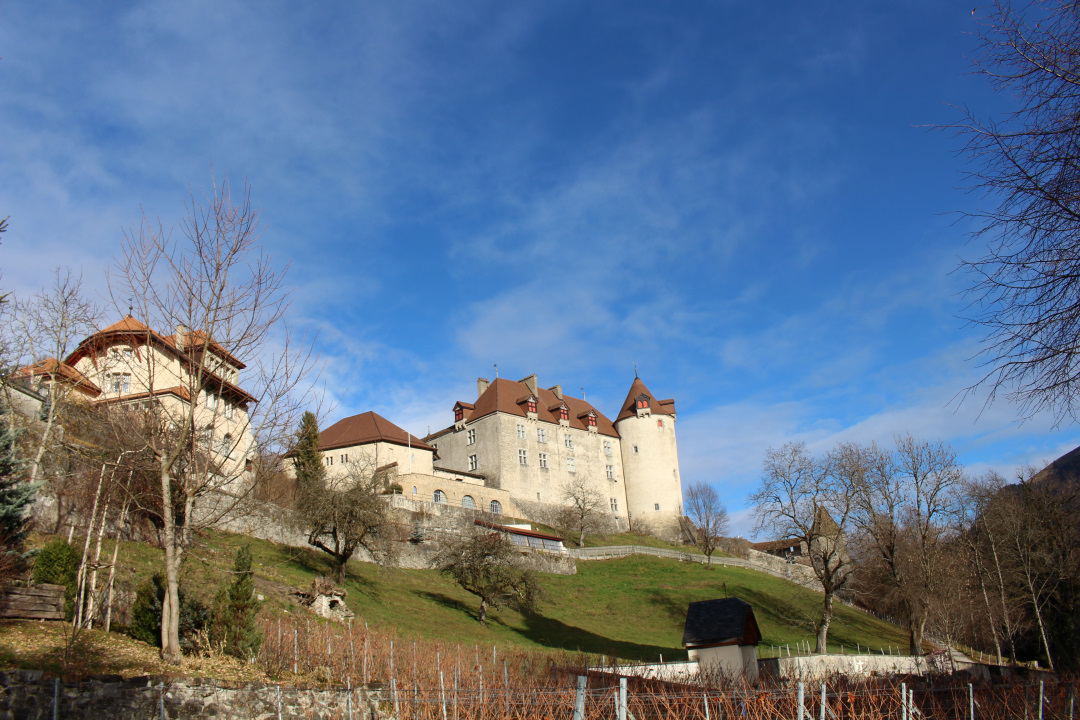By Peter Ungphakorn
POSTED JUNE 27, 2019 | UPDATED NOVEMBER 9, 2019
This explanation of GATT Article 24 is pretty heavy-going,
because it looks at a lot of the detail. A much simpler explanation is here.
See also:
The myth of a 10-year grace period, Brexit and trade talks with the EU | The Article 24
red herring in less than 400 words | Brexit through the magic land of Eksive
GATT Article 24: they still don’t get it (video)
I thought/hoped it would die away, but it features ever more prominently in Brexit news. The current favourite to be the next UK prime minister wants to use it, sparking a huge debate — some of it way off the mark. And yet, we really don’t need to be talking about it at all.
“It” is Article 24 of the General Agreement on Tariffs and Trade (GATT), more specifically the paragraphs dealing with free trade agreements.
The bottom line is this: GATT Article 24 governs free trade agreements in goods. Politically, the article is unimportant and should never have been brought into the debate.
So if Article 24 is unimportant, what is important? These questions are:
- What kind of UK-EU deal is proposed?
- What would it do?
- Does it cover the UK’s needs? Who would it affect and how?
- Does it cover the EU’s needs? Who would it affect and how?
- What would it take for the UK and EU to agree?
- How long would it take?
That’s it.








